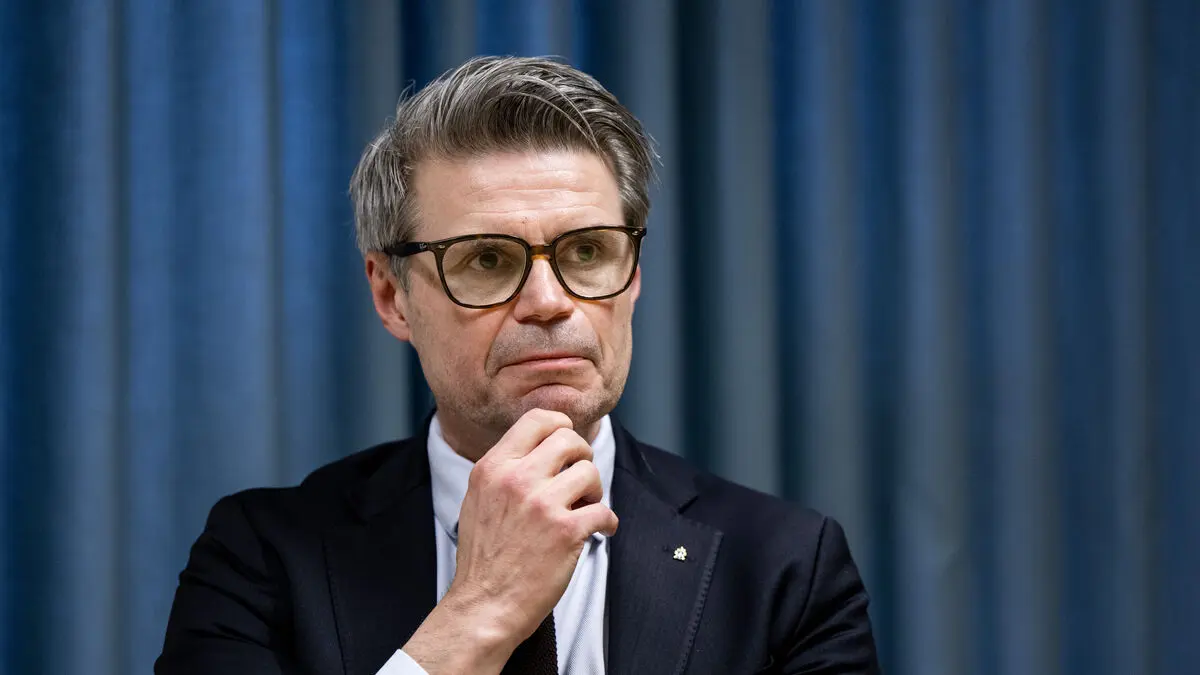The strategy presented at a press conference will apply to the years 2025-2029. According to Carl-Oskar Bohlin (M), Minister for Civil Defence, cybersecurity is a matter for the entire civil defence and an important part of Sweden's total defence:
Sweden needs to take cybersecurity work much more seriously, he says.
The new strategy consists of three pillars, which the government describes in the following three ways: "Systematic and effective cybersecurity work", "developed knowledge and competence development" and "ability to prevent and manage cybersecurity incidents".
According to Bohlin, an action plan will also be established each year to ensure that the measurable goals in the strategy are achieved. The Minister also mentions that the strategy contains 72 action points.
The new strategy should be seen in the light of the EU's decision in 2022 on the so-called NIS2 directive - which aims to provide a high common level of cybersecurity within the union. A government inquiry submitted proposals in September on how the directive can be incorporated into Swedish law.
In September, the government also announced that Sweden's Cyber Security Centre (NCSC) will be reformed, function better and become more open. FRA was given responsibility for the work. However, a head of NCSC has not been appointed yet.






